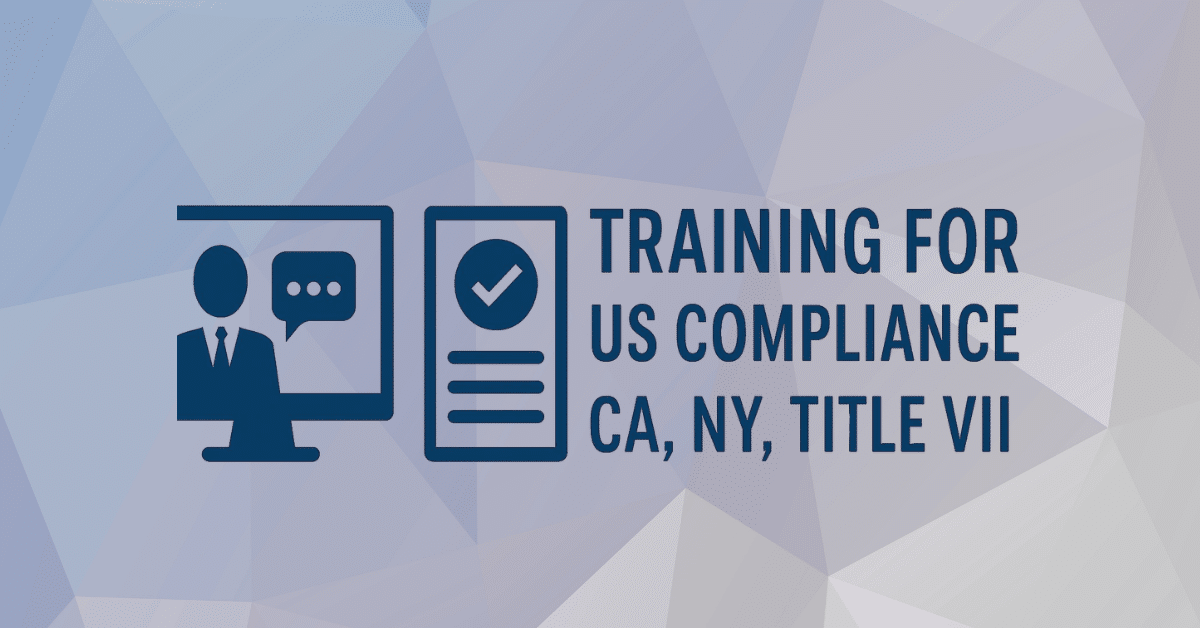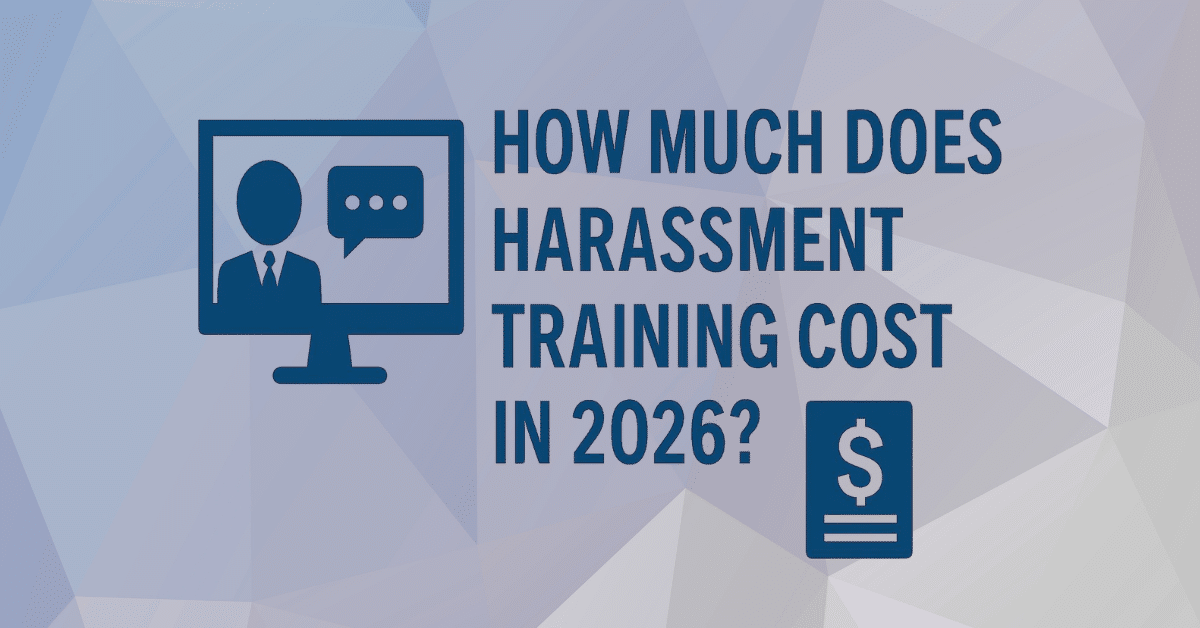Emergency Response Planning And Training
Imagine you’re at work, and suddenly, alarms blare, lights flicker, and a crush of confusion sweeps the office. Emergency response planning becomes the fine line between chaos and safety in moments like these.
Workplace incidents range from fires to medical emergencies, and the question isn’t if they will happen but when. Owning a concise, clear action plan is a lifeline for all involved. This article delves into the whats of an emergency response plan that could one day save lives and livelihoods.
Save Thousands Of Dollars With Coggno Prime Subscription
What Is The Need For Emergency Response Planning?
The need for emergency response planning is to ensure the safety of every employee who walks through your doors and minimize the impact on emergency operations during critical events. It helps organizations address various types of emergencies and reduce or prevent human injury and property damage.
Emergency response planning also helps identify and eliminate hazardous conditions, promote safety awareness, and demonstrate the organization’s commitment to worker safety.
Furthermore, it helps make rapid decisions, manage resources effectively, and prevent chaos during emergencies.
Emergency Response V2.16 Course
What Factors Should Be Considered When Developing An Emergency Response Plan?
When developing an emergency response plan, factors to consider include:
- Assess the availability and capabilities of resources for incident stabilization, both internal and external;
- Documenting available resources, including personnel and equipment;
- Preparing emergency procedures for foreseeable hazards and threats;
- Creating detailed maps showing evacuation routes and service conduits;
- Determining how to warn building occupants;
- Develop hazard and threat-specific emergency procedures using the Emergency Response Plan for Businesses;
- Determine if there are any regulations about emergency planning at the facility and address them in the plan;
- Developing protocols and procedures to alert first responders;
- Developing written procedures for each emergency situation;
- Develop protective actions for life safety, such as evacuation, shelter, shelter-in-place, and lockdown;
- Assigning specific roles and responsibilities to emergency response personnel;
- Designating an emergency coordinator and backup coordinator;
- Identifying how to communicate with management and employees during and following an emergency;
- Reviewing performance objectives for the program;
- Reviewing hazard or threat scenarios identified during the risk assessment;
- Talking with public emergency services to determine their response time and capabilities;
- Addressing applicable regulations;
- Developing protective actions for life safety;
- Coordinate with public emergency services to understand their response time, knowledge of the facility, and capabilities;
- Training personnel on their roles and responsibilities;
- Conducting regular exercises and drills to practice the emergency response plan.
These steps will help ensure that the emergency response plan is comprehensive and effective in protecting employees, contractors, and visitors.
Case Study – Coggno & Harvard Revolutionizing Training Delivery
What Is The Need For Emergency Response Training?
Emergency response training is needed to ensure that individuals and teams are prepared and capable of effectively responding to emergencies. Emergency response plan training helps develop the skills, knowledge, and confidence to handle emergencies, make quick decisions, and take appropriate actions to protect lives, minimize damage, and maintain safety.
Emergency response courses and training also help to familiarize individuals with emergency procedures, protocols, and communication systems, ensuring a coordinated and efficient response.
Emergency Preparedness (Course)
What Are The Legal And Regulatory Requirements Regarding Emergency Response Planning In The USA?
The legal and regulatory requirements regarding emergency response planning in the USA include:
- The Stafford Act, which establishes the federal government’s authority to respond to disasters and emergencies
- The Federal Water Pollution Control Act Amendments of 1972/Oil Pollution Act of 1990 which expands the National Contingency Plan to include response to releases of hazardous substances.
Case Study: How Coggno Empowered Costo to Achieve Unprecedented Compliance and Safety Standards
Other relevant laws include:
- The Resource Conservation and Recovery Act;
- The Comprehensive Emergency Response;
- Compensation and Liability Act;
- The Emergency Planning and Community Right-to-Know Act;
- The Clean Air Act and various executive orders
State and local organizations and chemical facilities also have statutory requirements and responsibilities for emergency response planning.
Emergency Planning: Exits And Egress Course
Get Started With Coggno
Coggno provides emergency response planning training and courses to tackle unforeseeable situations. Our emergency response online training programs educate personnel on safely responding to incidents on and around the facility.
Maximize Training, Minimize Costs With Coggno Prime
Furthermore, the online emergency response training program allows participants to understand the emergency response and the necessary protocols to keep responders safe.
The web-based training programs are self-paced and can be taken at the personnel’s convenience, easily fitting their schedules. Upon completing the emergency response training modules, participants must take and pass the quiz to receive an emergency response plan certificate.
Visit our Coggno marketplace and find an emergency response planning course that fits your needs.
Read our previous blogs:
- Drug-Free Workplace Culture: Break Free From Smoking And Alcohol Abuse
- Employee Engagement In Fire Alarm Safety Training With LMS



















